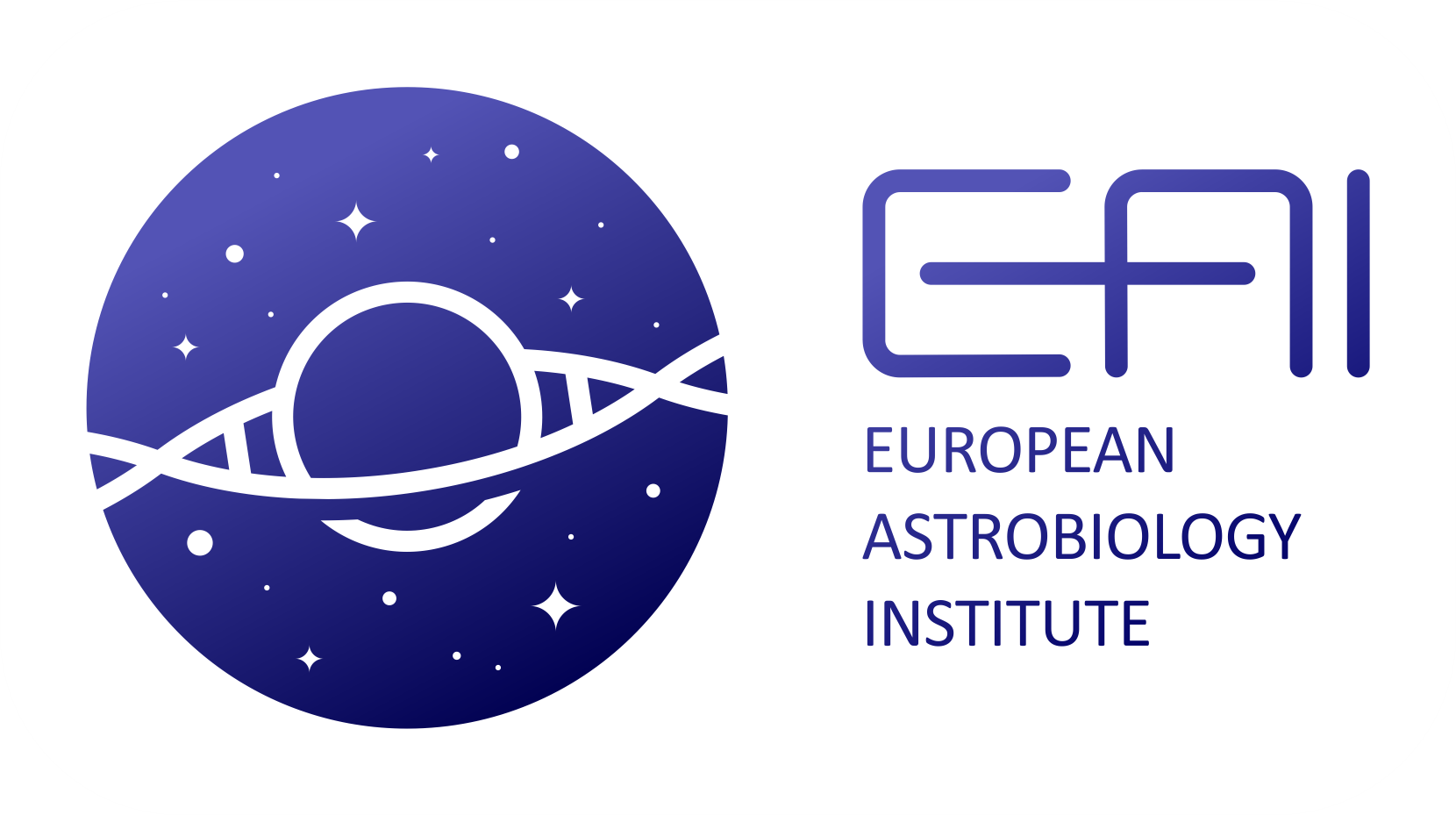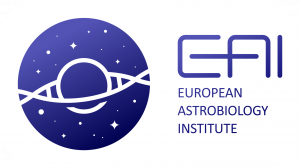About EAI

The European Astrobiology Institute (EAI) is a consortium of European research and higher education institutions and organisations as well as other stakeholders aiming to carry out research, training, outreach and dissemination activities in astrobiology in a comprehensive and coordinated manner and thereby securing a leading role for the European Research Area in the field.
- Formation and Evolution of Planetary Systems and Detection of Habitable Worlds
- Planetary Environments and Habitability
- Evolution and Traces of Early life and life under extreme conditions
- The pathway to complexity: From simple molecules to first life
- Biosignatures and the Detection of Life beyond Earth
- Historical, philosophical, societal and ethical issues in astrobiology
Formation and Evolution of Planetary Systems and Detection of Habitable Worlds
- How are planetary systems formed? How do the conditions of the formation environments (galaxy, protoplanetary disk) influence the formation of habitable planets?
- Which factors define habitability?
- How can we detect extrasolar habitable planets and satellites?
Planetary Environments and Habitability
- How did physical, chemical, geological and biological processes co-evolve on Earth?
- How did habitability evolve on early Earth?
- Which conclusions can we draw for other planets from studies of the Earth?
Evolution and Traces of Early life and life under extreme conditions
- In which environment did life first emerge (Darwin’s little warm pool or some more extreme environment)?
- Which boundary conditions exist for life and what can they tell us about early terrestrial and the possibility of extraterrestrial life?
The pathway to complexity: From simple molecules to first life
- Where and how did the complex organic molecules necessary for life originate (space, atmosphere, surface) and how were they delivered?
- How does the environment affect the production and stability of complex organic molecules? How did the formation of biopolymers and self-assembly of first cells proceed?
Biosignatures and the Detection of Life beyond Earth
- Which strategies should we employ for tracing early terrestrial as well as extraterrestrial life in environments?
- Which (combination of) individual biosignatures (chemical, geological, spectroscopic, others) and tracers of life present in these environments would be seen conclusive for extant and extinct life?
- Which novel methods and technologies can be developed to detect life?
Historical, philosophical, societal and ethical issues in astrobiology
- How did our ideas about the origin of life develop?
- Which views about extraterrestrial life exist in different cultures?
- Which philosophical, societal, political, juridical and ethical issues are raised by the search for life on other planets and moons?
EAI Objectives
Ground breaking research
To perform ground-breaking research on key scientific questions in astrobiology (which will be periodically reviewed) requiring a cooperative interdisciplinary approach
High-quality results
To disseminate high-quality results of such research efforts effectively across the scientific community
Interdisciplinary training & Education
To provide interdisciplinary training for students and early career scientists in astrobiology and engage in education in the field of astrobiology on all levels
Collaborations
To liaise with industry to foster collaborations on technological developments that are relevant to astrobiology research and beneficial to Europe as a whole
Outreach
To coordinate the outreach activities of European astrobiologists to the general public, industry and all other relevant stakeholders
Advisory body
To act as an advisory body and provide high-quality expertise to European research organisations and decision makers on all aspects of astrobiology at an European level
Financial means
To ensure the necessary financial means to carry out these activities through a coordinated approach to European funding agencies including Horizon programmes
